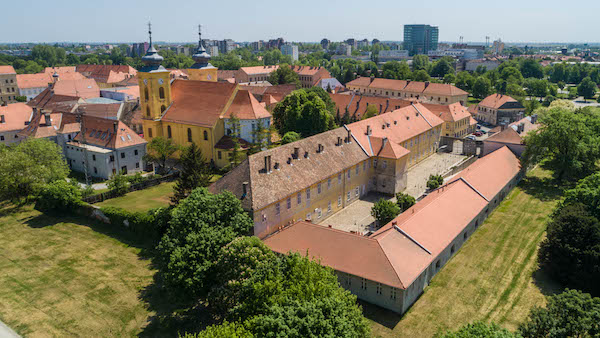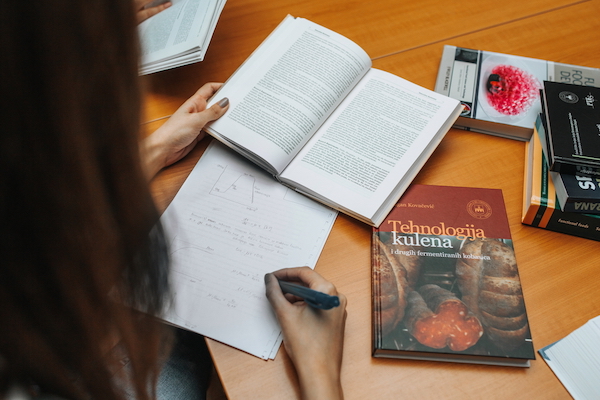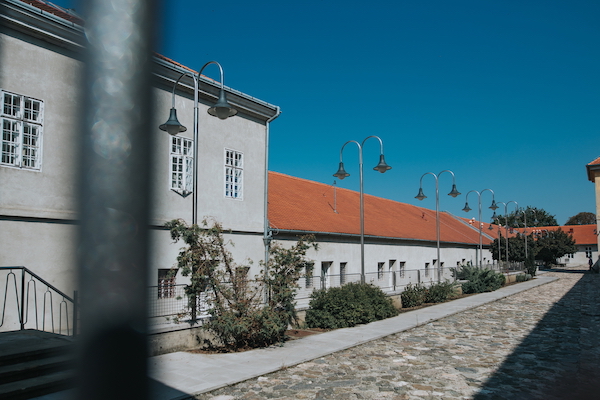Ecology is a multidisciplinary science, and within the course Ecology, students obtain knowledge about environmental issues, causes and consequences of global climate change and environmental pollution. The course also gives an overview on the activities undertaken by international organisation, European and national institutions aimed at mitigating climate change, harmonizing society with the principles of sustainable development and the possibilities of using renewable energy sources. Students also gain knowledge about the principles of recycling and waste management, problems related to population growth and food availability in the world, production and use of genetically modified food and the principles of industrial ecology.
Within the courses related to the issues of water treatment and wastewater purification, students acquire knowledge about the chemistry and basic properties of water, as well as international, European and national regulations in the area of water quality and standards.
The details of water treatment processes, advantages and disadvantages of conventional and modern water and wastewater technologies are also described. Laboratory exercises are designed to gain practical knowledge about the impact of process parameters on the performance and efficiency of each water treatment method, while the fieldwork and visit to drinking water and wastewater treatment plants gives insight into real processes.
This subdepartment includes several key courses offering knowledge and training in the areas of food technology, food chemistry and nutrition science. Undergraduate courses focus on fundamental principles in toxicology which give students a solid foundation for subsequent courses and practical skills for work in an analytical lab. Courses offered at graduate and postgraduate levels are primarily based on the interactions between food components and living organism, of which the most relevant are adverse health effects of toxicants and improvement of health through consumption of specific foods and/or constituents. In addition to increasing awareness of versatility of bioactive substances from food, the courses study their effects at the biochemical, cellular and molecular level.
Learning outcomes include qualifications for toxicant analysis, risk characterization, anticipation and prevention of toxic effects, application of methods for prevention of contamination and/or decontamination of food, understanding mechanisms of action of nutrients and toxicants, formulation of new functional foods, supplements and/or dietary regimens.
Undergraduate study
- Ecology
- Food Toxicology
- Water technology and wastewater treatmen
Graduate study
- Nutritional Biochemistry
- Physiology of Digestion
- Foodborne Hazards
- Occupational Toxicology
- Nutritional Aspects of Food Preparation
- Water quality management and water treatment processes
Postgraduate study
- Integrative Physiology and Nutritional Biochemistry
- Food-Drug Interactions
- Nutritional Aspects of Food Preparation
- Selected Topics in Food Toxicology
- Physiological and Biochemical Aspects of Nutrition
- Mycotoxicology
- LC-MS/MS Analysis
- Modern technologies for water purification



